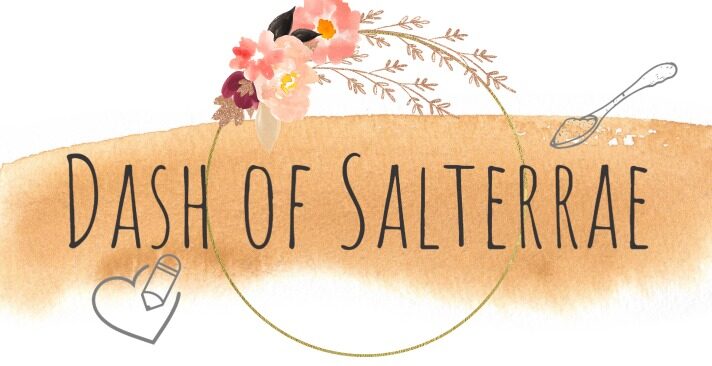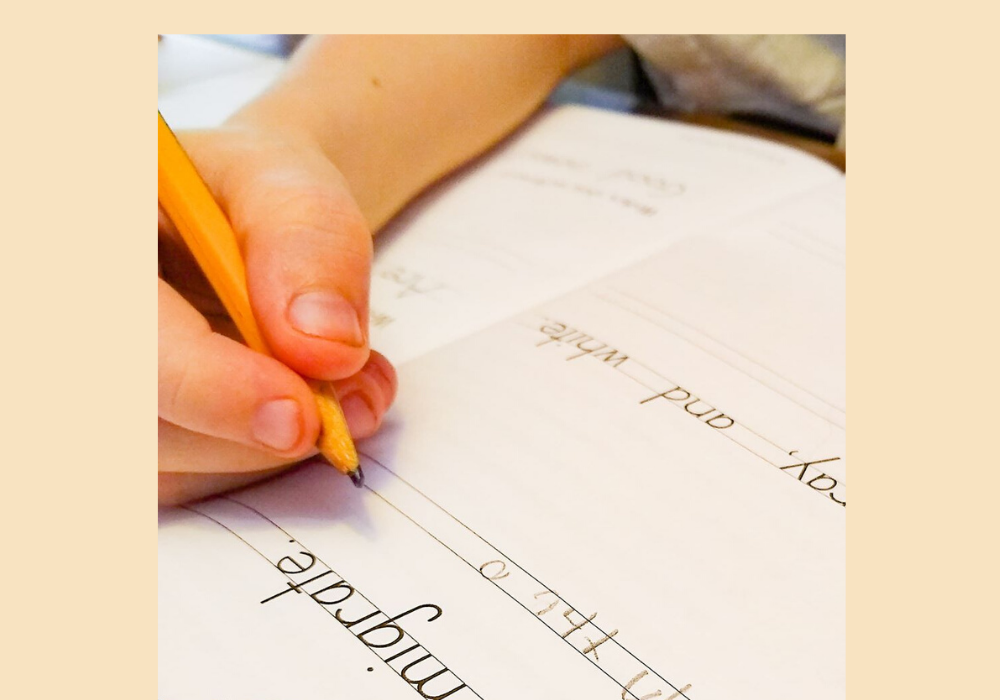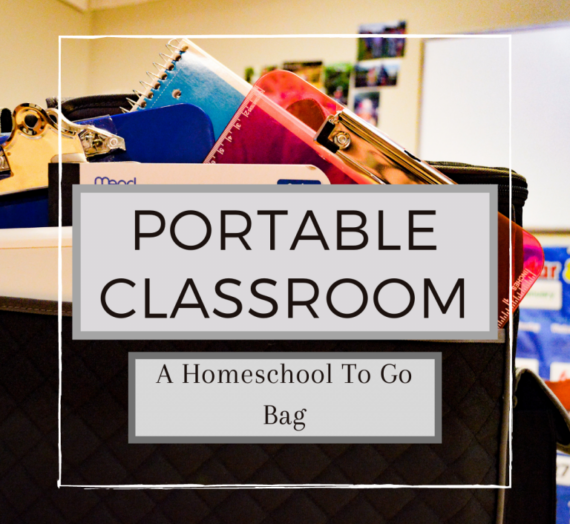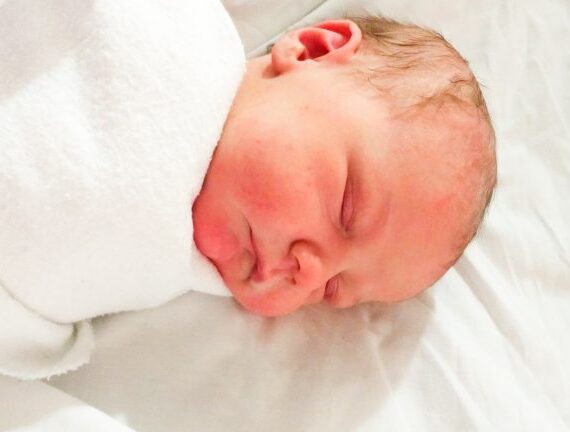I barely graduated high school.
In fact, I didn’t have enough credits to walk at graduation, and I spent a few weeks after my senior year rushing through makeup work trying to pass alternative credit options. I did eventually receive my diploma, but I maintained a hyper-awareness of the fact that I didn’t deserve it. The trauma of my educational experience followed me since third grade, and year after year I faced one failure after another. As my middle school geography teacher once put it, I dug myself a hole I couldn’t crawl out of. I continued to fall further behind until I completely gave up on myself and accepted the fact that I was stupid.
From a young age, this version of reality settled deep in my mind and followed me into adulthood. To this day I avoid calculating simple math in front of others. I get nervous reading out loud. Sometimes I stop myself from contributing to a conversation, fearing I might say something dumb. How can someone like me successfully homeschool?
You might be asking this same question right now. With the disruption COVID 19 created, it’s scary to consider how the current chaos might impact your child’s education, and you wouldn’t be alone if the possibility of homeschooling crossed your mind. You also wouldn’t be the first person to shy away from the idea of homeschooling due to a negative experience in school. In fact, regardless of a person’s past academic success or failure, it’s normal to second guess your ability to teach.
If homeschooling is something you’ve thought about, but you’re afraid you lack the skills necessary to provide your child with a decent education, don’t give up before you give yourself a chance. I’m certainly glad I powered through my fears and decided to pursue this lifestyle, and I strongly encourage other parents to consider a number of points before dismissing their abilities:
If you had a negative experience in school, it is all the more reason to choose something different for your kids.
School isn’t terrible for everyone, but many children suffer under the system. It’s unavoidable, and parents have little to no control over finding a solution for their child as long as they are sending them into that system. You cannot dictate how a teacher instructs, and you have no say in the pace at which subjects are taught. If there is a problem, there are only so many solutions the school can try. Think back to what failed you, and instead of questioning whether or not you’re good enough for your child, ask whether or not the system is the one that’s good enough.
Schools operate under a system of labeling and dividing children into categories. That does not mean their assessment of a child is accurate.
I fell behind in 3rd grade, shortly after my mother died. However, a parent dying was not the cause of my academic struggle. The fact that I had been removed from my regular class and placed in “intervention” every day was the problem. The school meant well. They tried to help. Instead, they made an already horrible situation worse (someday I may go into detail about that in another post). I never recovered from that experience, and I now know it was a severe misjudgment on the school’s part. Over time I’ve come to terms with the fact that it wasn’t an intentional or malicious attempt to program me into believing I’m stupid. However, intentions do not matter to a failing child, and looking back I realize they were wrong on so many levels regardless of their efforts. Without fully knowing who I am, they assessed and categorized me.
If that is your experience, consider how a childhood label may not fully describe who you are. Children don’t hate learning. They are naturally curious and eager to discover the intricacies of the world. If you hated school, it’s because someone ingrained that into you. The good news, however, is that it’s not too late to reprogram your thinking. Will you ever be rid of self-consciousness? Probably not. Can you re-learn how to learn? Yes. Actually, you can. And you will.
You have resources!
Depending on individual state laws, teaming up with other homeschool families and/or a tutor is a perfectly acceptable way to homeschool. Also keep in mind that as children get older, there are online classes and even community college classes (usually for free early college credit!) that are available for homeschoolers to take advantage of. Homeschooling does not necessarily mean you are going to be the only teacher. It is what you make it. Do you have a friend who is also considering homeschooling? Team up! Your kids don’t even have to be in the same exact grade.
As far as the actual teaching…
If you haven’t started browsing the curriculums out there, let me go ahead and warn you how overwhelming it is. There are a lot. How do you choose the right fit? For one thing, you want to consider what type of learning is most effective for your child. On the other hand, you also need to consider what will work best for you. Personally, I chose curriculums that require little to no preparation on my part. I also chose curriculums that either provide most of the instruction or helped me learn alongside my kids. In the end, the important thing is to not be afraid of what you don’t know. In fact, I believe that not knowing everything is terrific because…
Homeschoolers learn independence early because choosing to homeschool automatically teaches them independence by example
It is absolutely okay to admit to your “student” that you don’t know the answer to a question. This is a teachable moment in and of itself because it allows you to demonstrate that grown-ups don’t have all the answers, and research is powerful. Education is teamwork in a homeschool. Your role is to guide them while they explore and learn, and sometimes you work together in order to find the answers. At older ages, homeschooled children generally have the capability to take a more direct role in their education. Chances are they will do a lot more independent work that will require significantly less instruction from you.
If you’re holding yourself back because of fear, consider the example you would be setting for your children if you decided you were capable of learning.
Inspiring, isn’t it?
Homeschooling can heal.
I cannot promise you will ever recover from a negative experience with school. We are deep into our homeschooling lifestyle and I’m about to graduate college (at 30 years old) with the highest honors, yet I still feel a certain kind of hurt and self-consciousness I will probably carry for the rest of my life. However, homeschooling has restored something
in me.
A lot, actually.
Deciding not to send my children to public school has allowed me to come to terms with the fact that I was left behind in the system. While I cannot change my history, I can take control over what my family experiences. Not only does it allow me to break a cycle, but through homeschooling, I realized I’m capable of more than I assumed I could ever handle.
In fact, one of the greatest compliments I will ever receive in life is the fact that my husband trusts me with our children’s education. He knows who I am, and he understands my weaknesses. He is also the only other person who loves and cares for our kids the way I do. He will never make a decision that might jeopardize them, yet he not only trusts me but expects me to provide them with a well-rounded and complete education. That speaks volumes.
Support is also found outside of the house when it comes to home education. The homeschool community is full of other parents who are ready to offer mentorship, encouragement, and solidarity. Everyone needs it, therefore everyone is eager to dish it. You don’t have to do this alone, and before you know it you will be in those Facebook groups and on those co-op field trips ready to offer your own encouragement to the next parent who decided to test the waters of homeschooling.
Nothing that I say will ever erase the uneasiness you feel when considering the option to homeschool. However, I can assure you from my personal experience that pushing aside this hesitancy and following through with this decision is an invigorating experience.
It reshapes the way you view yourself.
It sets an example for your children.
It heals.
It’s one of those things that cannot be explained. You just need to experience it for yourself.
Originally posted July, 2020




